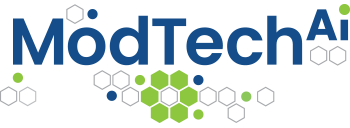The terms “local language model” and “OpenAI” refer to different aspects of language models, so let’s clarify their meanings:
- Local Language Model: This term typically refers to a language model that operates on a local or on-premises system, meaning it runs on your own computer or server, rather than relying on external cloud-based services. Local language models can be fine-tuned and customized to suit specific needs or security requirements, and they might be used for various tasks, such as text generation, translation, or chatbots. They are often used when data privacy and control are paramount.
- OpenAI: OpenAI is an artificial intelligence research organization that has developed various language models, including GPT-3 (and possibly newer versions as of my last knowledge update in January 2022). OpenAI’s models are known for their general language understanding and text generation capabilities. OpenAI provides access to its models through APIs, allowing developers to integrate their models into applications and services.
So, the key difference is that “OpenAI” refers to the organization developing the language models, while “local language model” refers to where and how the model is deployed and used. You can use an OpenAI model both locally and through cloud-based services, depending on your needs and preferences.

